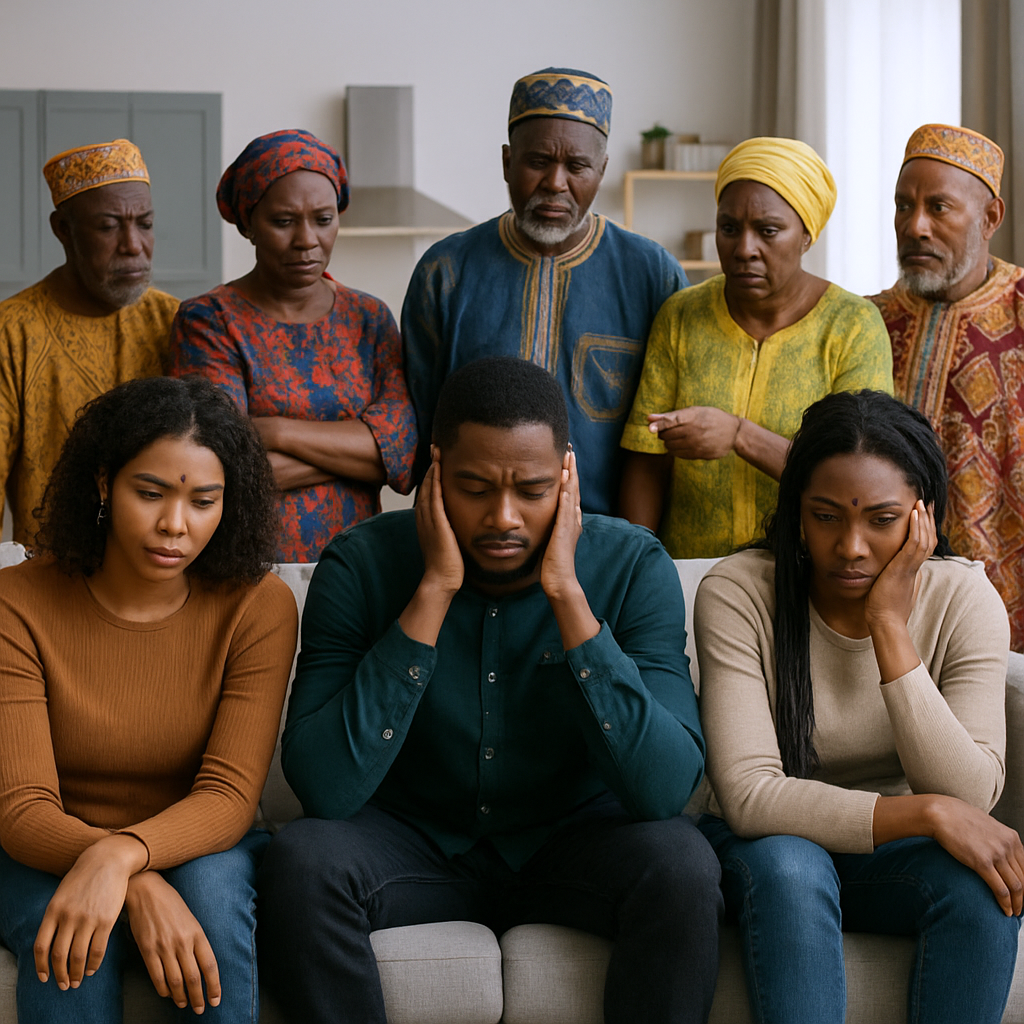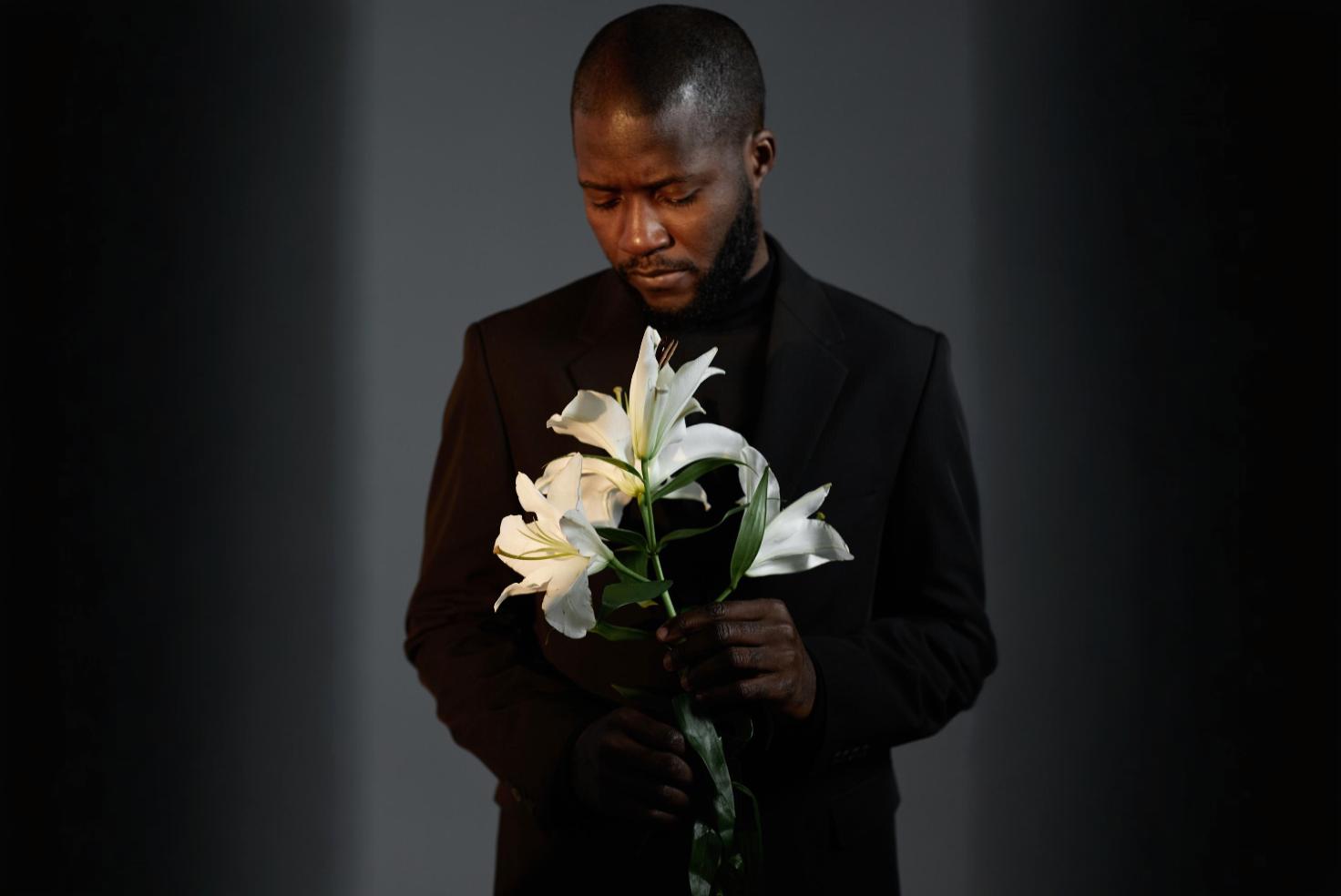Grief has a way of making everyone uncomfortable — not just the people feeling it most. Friends and family often want to say something comforting but end up saying too little, too much, or the wrong thing altogether.
The truth is, there’s no perfect script. But there are words that can ease the weight, even if only for a moment. And there are words that, while well-meaning, can deepen the ache.
If you're supporting someone through loss — whether it’s fresh or months later — this guide can help you show up with empathy and grace.
What to Say
1. “I’m so sorry for your loss.”
It’s simple, honest, and never the wrong place to start. You don’t need to find deep or spiritual words — just acknowledging the pain goes a long way.
2. “I’m here if you want to talk — or sit in silence.”
This gives the grieving person room to choose what they need. Some people want to process aloud. Others want company without conversation. Either way, you’ve offered comfort.
3. “Can I help with [specific thing]?”
Instead of the usual “let me know if you need anything,” offer something tangible: picking kids from school, running errands, helping with funeral logistics. Specificity is love in action.
4. “Tell me about them.”
This might be the most powerful question of all. Grieving people often long to keep memories alive. Asking to hear stories honors the person they’ve lost — and keeps their spirit present.
5. “You’re not alone.”
Grief can feel isolating. A simple reminder that you’re still there — even after the funeral, even after others have moved on — can be deeply reassuring.
What Not to Say
1. “Be strong.”
This phrase shows up a lot at funerals and family meetings. But strength doesn’t mean holding in pain. People need permission to cry, rest, or fall apart — not pressure to perform resilience.
2. “At least they’re in a better place.”
Even if it comes from faith or good intentions, it can sound dismissive. At that moment, the “better place” doesn’t feel better. The person is missed here.
3. “Everything happens for a reason.”
This may feel comforting to say, but to someone in fresh grief, it can feel cold. It shifts focus away from empathy and toward explanation — which is rarely helpful.
4. “I know exactly how you feel.”
You might have gone through something similar, but no two losses are the same. Instead of comparing, focus on listening and letting them share their unique experience.
5. “It’s time to move on.”
There is no timeline for grief. Pushing someone to “move on” can make them feel guilty for feeling. Better to say, “Take all the time you need.”
Grief Needs Gentle Companionship
Supporting someone who’s grieving isn’t about grand gestures or perfect words. It’s about being a quiet, steady presence. The kind that texts weeks later just to check in. The kind that remembers anniversaries. The kind that doesn’t rush healing.
What matters most is that you try — that you say something, even if it’s small, instead of staying silent out of fear of getting it wrong.
Grief is a long road. But no one should have to walk it alone.
Grief is tender, personal, and often overwhelming. At WithPema, we exist to make these moments a little less heavy — by helping families remember, connect, and care for each other in the ways that matter most.





